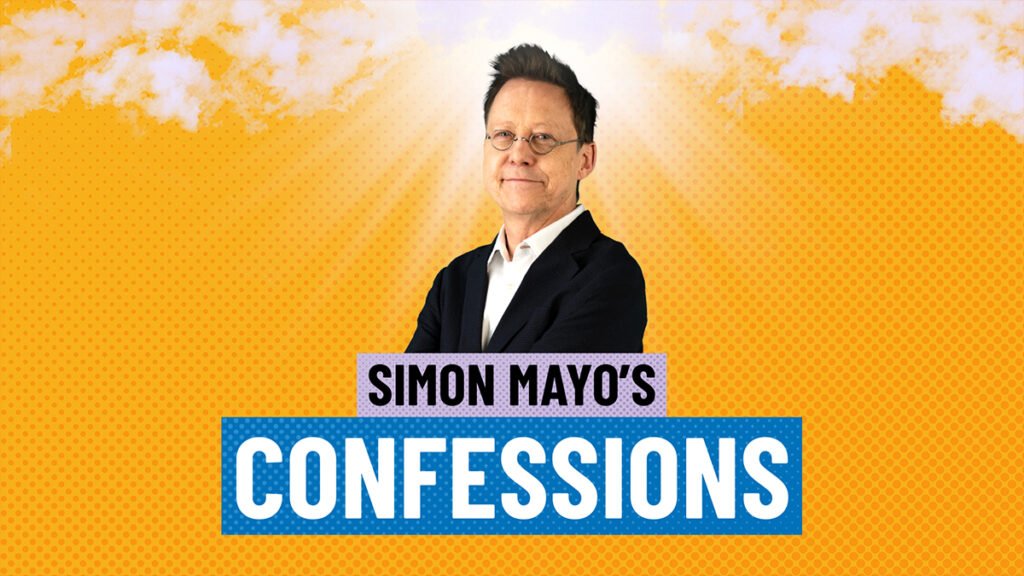Introduction
Confessions have always held a special place in human life. The word itself carries strong emotions. For some, it brings a sense of relief and healing. For others, it creates fear or even shame. A confession is simply an admission of truth something a person chooses to reveal, often about their actions, feelings, or mistakes. It is one of the most powerful ways people connect with themselves and others.
The Meaning of Confession
At its core, a confession is about honesty. It is when someone openly admits to something they have done, thought, or felt. Confessions can be spoken privately to a trusted friend, written in a diary, or shared in front of a group. Sometime sare voluntary, while other times they may come under pressure, such as in a courtroom. Regardless of the setting, carry deep emotional weight because they reveal hidden truths.
Religious and Spiritual
Confession is an important practice in many religions. In Christianity, for example, confession is seen as a way to cleanse the soul. Believers admit their sins before God or a priest, seeking forgiveness and spiritual renewal. In Islam, confession is made directly to Allah through prayer and repentance. Other faiths also view confession as a path to purity and self-improvement. These spiritual practices highlight how powerful confession can be for inner peace and moral growth.
Legal Confessions
In the legal world, confessions can determine the outcome of major cases. A suspect admitting guilt can become strong evidence in court. However, the justice system must ensure that confessions are made freely and not under pressure. False, often caused by stress or coercion, have sadly led to wrongful convictions. This shows that while can reveal truth, they must be handled carefully to protect fairness.
Psychological Importance of Confessing
From a psychological perspective, confession has real benefits. Carrying secrets creates stress and emotional weight. Confessing helps release that burden. It often leads to relief, healing, and stronger relationships. For example, admitting a mistake to a loved one may feel difficult, but it can rebuild trust. Therapists also use confession-like practices, encouraging patients to share hidden thoughts as a step toward recovery and mental health.
Confessions in Modern Culture
In today’s world, confessions have also become part of entertainment and social media. Reality TV shows, talk shows, and online platforms often encourage people to share personal confessions. Some are serious, while others are humorous or even shocking. Social media pages dedicated to anonymous confessions allow people to express feelings they cannot share openly. This modern trend shows that people still crave honesty and the relief that comes with admitting the truth.
Why Confessions Matter
Confessions remind us of our shared humanity. Everyone makes mistakes, hides feelings, or carries secrets at some point. By confessing, we acknowledge our imperfections and open the door to forgiveness and growth. Whether in religion, law, psychology, or daily life, confessions continue to play a vital role in shaping personal and social connections.
Final Thought: Confessions are more than just admissions they are powerful tools for healing, justice, and understanding. They allow people to face the truth, unburden their hearts, and build stronger connections with others and themselves.
